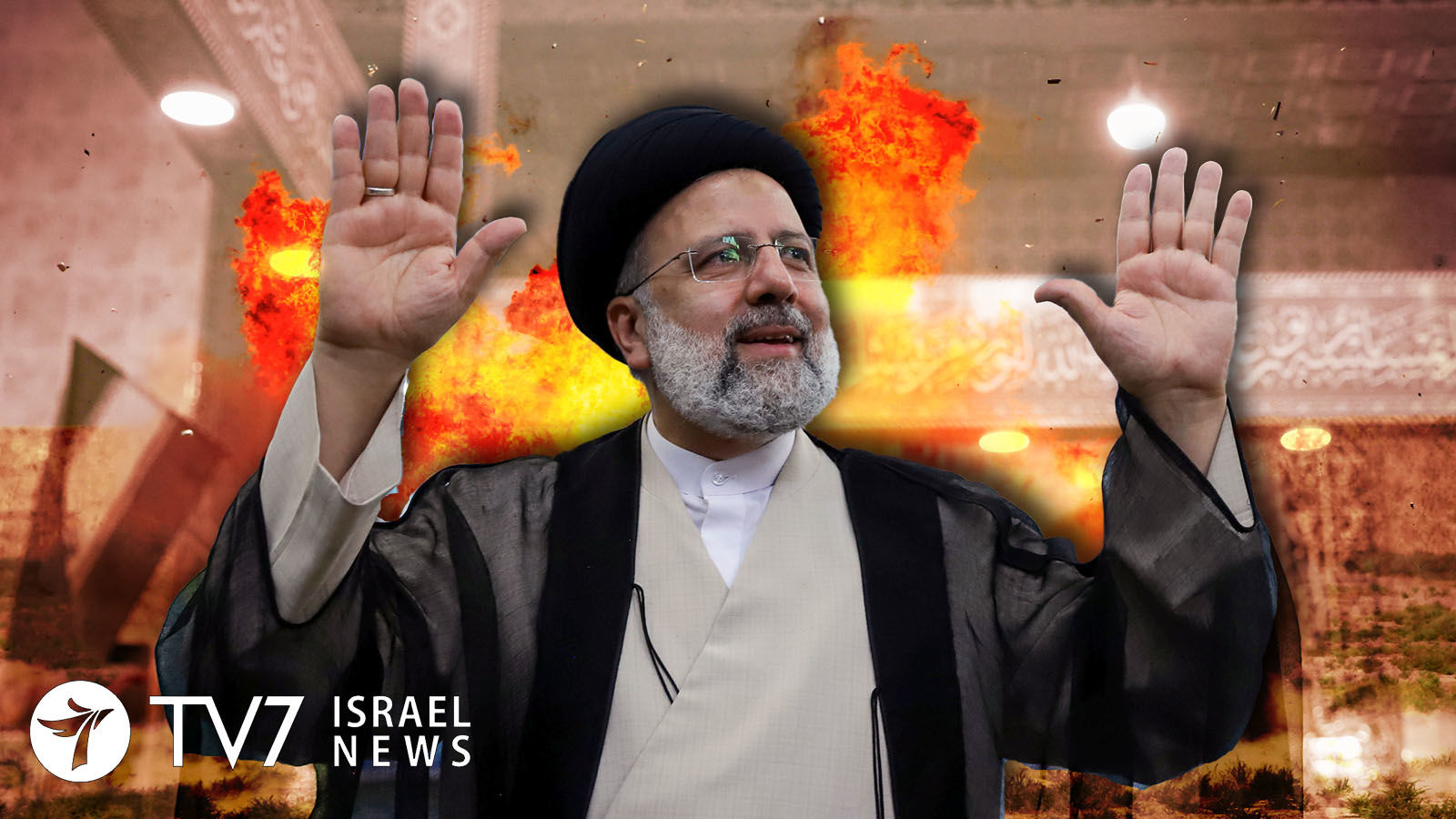Israel’s Ministry of Foreign Affairs issued a fiery response to the speech Iranian President Ebrahim Raisi delivered to the United Nations General Assembly (UNGA).
By Erin Viner
“Iran’s Ayatollah regime constitutes a clear and immediate threat to the Middle East and world peace,” according to the statement obtained by TV7.
“The new government in Iran, headed by the “Butcher of Tehran” Raisi, and consisting largely of ministers suspected of terrorism and on global sanctions lists, is the extremist face of a regime that has brought harm to Iranian citizens for over forty years, which encourages and finances terrorism, and which is destabilizing the entire Middle East,” proclaimed Jerusalem.
Raisi, a hardline Islamic cleric who was the favored presidential candidate of Supreme Leader Ayatollah Ali Khamenei, is under personal US sanctions over allegations of human rights abuses in his past as a judge.
The Foreign Ministry charged that, “Raisi continues to fool the international community in a speech filled with lies and cynicism,” and demanded that “the international community must condemn the Iranian regime and prevent any possibility of nuclear capabilities and weapons falling into the hands of these extremists.”
In a pre-recorded address broadcast to the UN on 21 September, the Iranian leader echoed his country’s official stance for years by insisting that nuclear weapons “have no place in our defense doctrine and deterrence policy.”
Israel and the United States have repeatedly warned that Iran is close to reaching break-out capacity to producing atomic bombs. The Islamic Republic has openly breached its 2015 Joint Comprehensive Plan of Action (JCPOA) with world powers since former US President Donald Trump withdrew from the pact and re-imposed sanctions in 2018 amid charges that Iran had never observed its commitments.
Raisi told the UNGA that “the Islamic Republic considers the useful talks whose ultimate outcome is the lifting of all oppressive sanctions,” indicating his country will resume nuclear talks with world powers. Tehran and Washington began indirect talks in Vienna aimed at salvaging the JCPOA last April, but the negotiations have been suspended since 2 days after Raisi was elected as Iran’s president in June.
The administration of US President Joe Biden warned last week that time is running out to revive the JCPOA due to Iran’s ongoing nuclear advances.
Saying that Washington’s “policy of ‘maximum oppression’ is still on,” the Iranian leader declared, “We want nothing more than what is rightfully ours. We demand the implementation of international rules. All parties must stay true to the nuclear deal and the UN Resolution in practice.”
Both Iranian and Western officials have stated there are many outstanding issues that must be resolved before the accord could be revived, and analysts believe the Raisi government will adopt a far tougher stance than his predecessor Hassan Rouhani.
